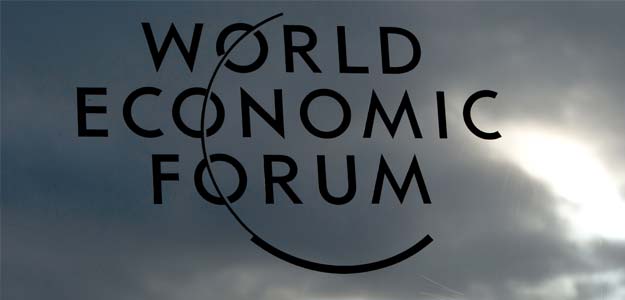

- Home/
- Top Stories/
- In uncertain times, civil society seeks social justice: WEF
In uncertain times, civil society seeks social justice: WEF

The civil society is demanding social justice and accountability from all institutions in uncertain economic and political times globally, as technology has created more aware and educated population that is dominated by young cohorts, says a WEF report.
However, even though civil society is dynamic, vibrant and influential, it is also "selectively restricted", said the report, 'The Future Role of Civil Society', released today.
"Technology and demographics have created more aware, better connected and increasingly educated populations often dominated by younger cohorts. These populations are demanding social justice and accountability from all institutions in a time of economic and political uncertainty," the World Economic Forum (WEF) said.
As per the report, civil society actors, including NGOs, labour organisations, faith groups and a range of other emerging actors, have become more important than ever.
"A particular challenge highlighted for civil society leaders is to balance the emerging roles of facilitator,
enabler and constructive challenger towards other sectors, while adapting to the rapidly shifting context of a technology -driven and uncertain world," WEF said.
The report touches upon key trends, critical uncertainties and strategic concerns for civil society and its
relationship with other sectors through to 2030.
WEF said that the role of business has also shifted, with more and more corporate entities engaging with societal and environmental challenges of local and global importance.
Stating that opportunity for leaders across civil society, business, government and international organisations
is to design new solutions to collective challenges, WEF said civil society particularly can play a major role in the whole process.
"As an enabler, civil society can create the political and social space for collaborations that are based on trust, service and the collective good.
"As a constructive challenger, both traditional and emerging civil society organisations can hold themselves and other stakeholders to the highest possible levels of accountability, retaining their role as the voice for the
under-represented and advocate for transformative social change," the report said.
Going by the report, the six key areas for civil society include level and sources of funding for societal challenges, social and political influence of increasing access to technology and the level of trust in governments, businesses and international organisations.
The report was prepared in collaboration with KPMG International.












